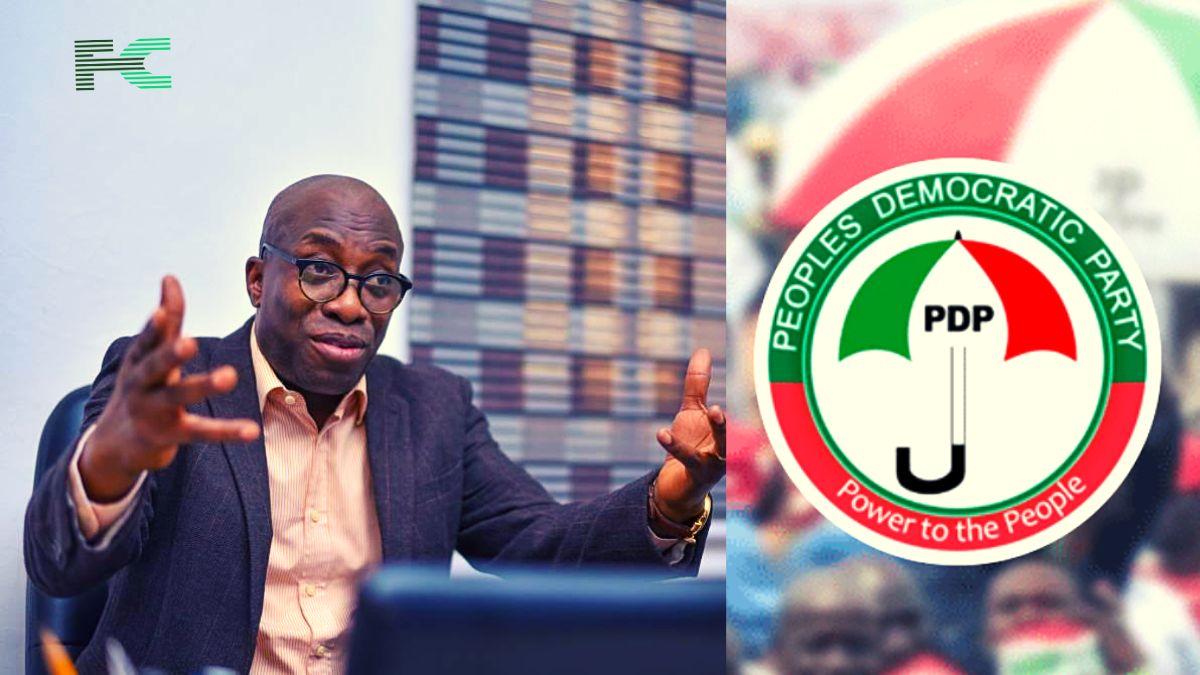Pakistan has been experiencing very slow internet for weeks- but the verdict on who, or what to blame is still up for debate.
Activists have said that the state is constructing a China-style internet firewall in its bid to exert further control over the online space.
However, officials have debunked these claims, rather blaming the widespread use of secure connections or VPN (virtual private networks) for the very slow internet speeds.
Shutting down its internet to block dissent is a well-known power play move in regulators’ playbooks in Pakistan and other parts of Asia.

Since the riots initiated by former prime minister Imran Khan last year, the government has barred social media platforms and smothered connection speeds as the battle for public support spilled over from the streets into the digital space.
The micro-blogging platform X was not left out as it was blocked since the February elections due to “national security” concerns.
Khan’s loyal supporters are big users of X and he is the most popular Pakistani on the platform, with almost 21 million followers.
However, Shaza Fatima, the Minister of State for Information Technology said on Sunday that the government was not behind the recent slowdown.
What They’re Saying
Fatima said her team had been “working tirelessly” with internet service providers and telcos to resolve the issue.
In her opinion, a “large population” had been using VPNs and “this strained the network, causing the internet to go slow”.
For their part, activists have accused the minister of “dodging criticism like a usual politician”, with one of the foremost activist, Shahzad Ahmad, the director of local digital watchdog Bytes for All, telling the BBC that his organisation had “ample tech evident” to prove the existence of a firewall.

















